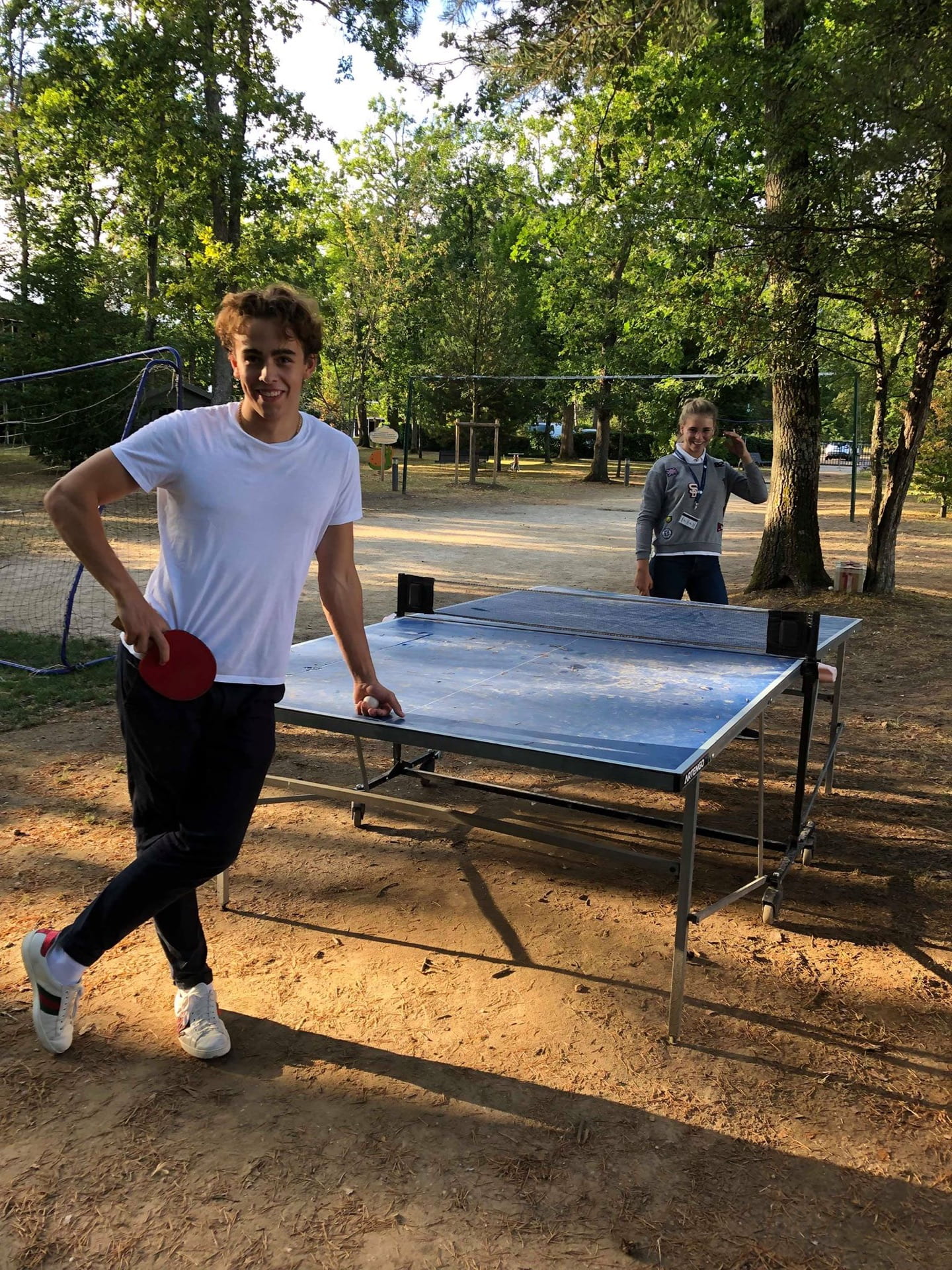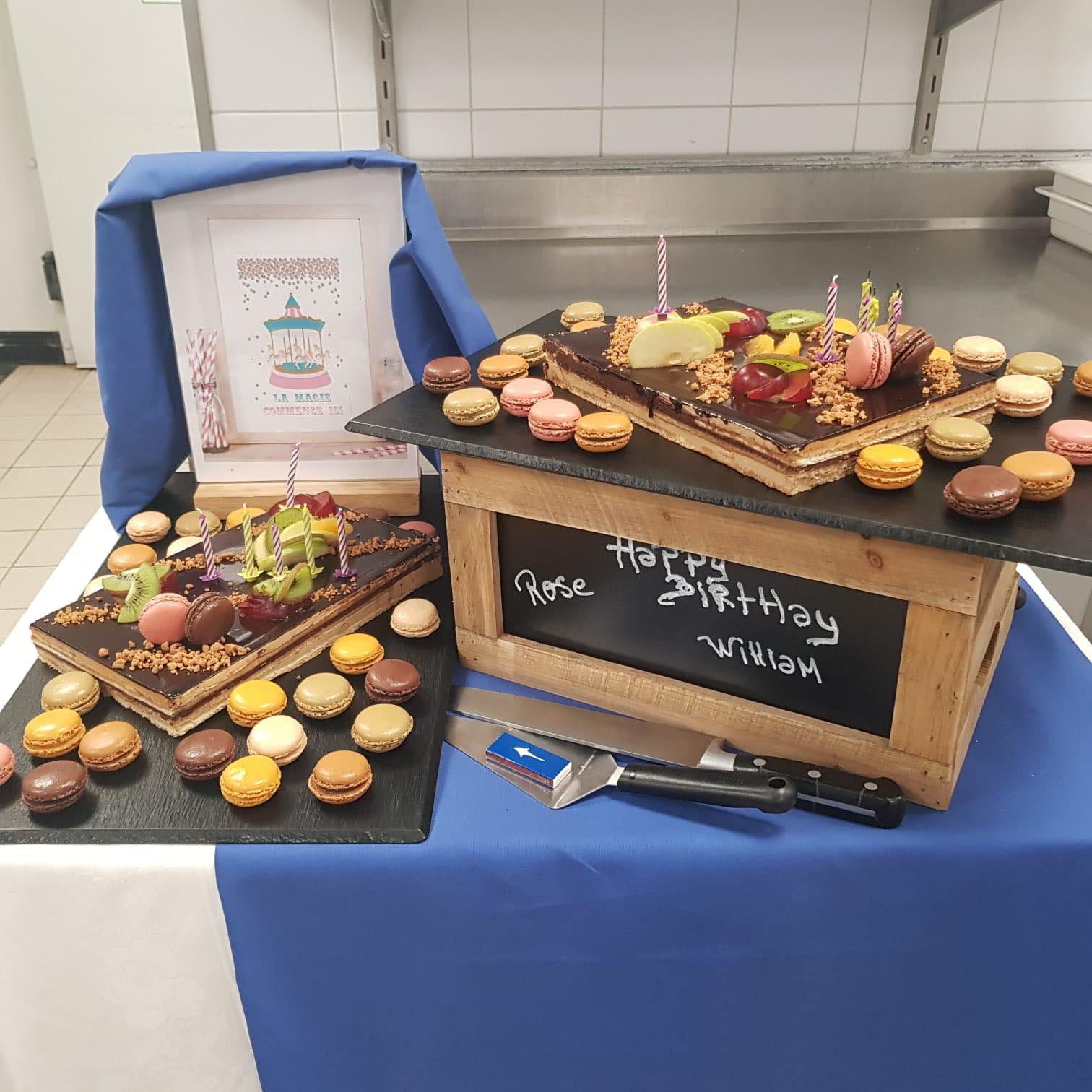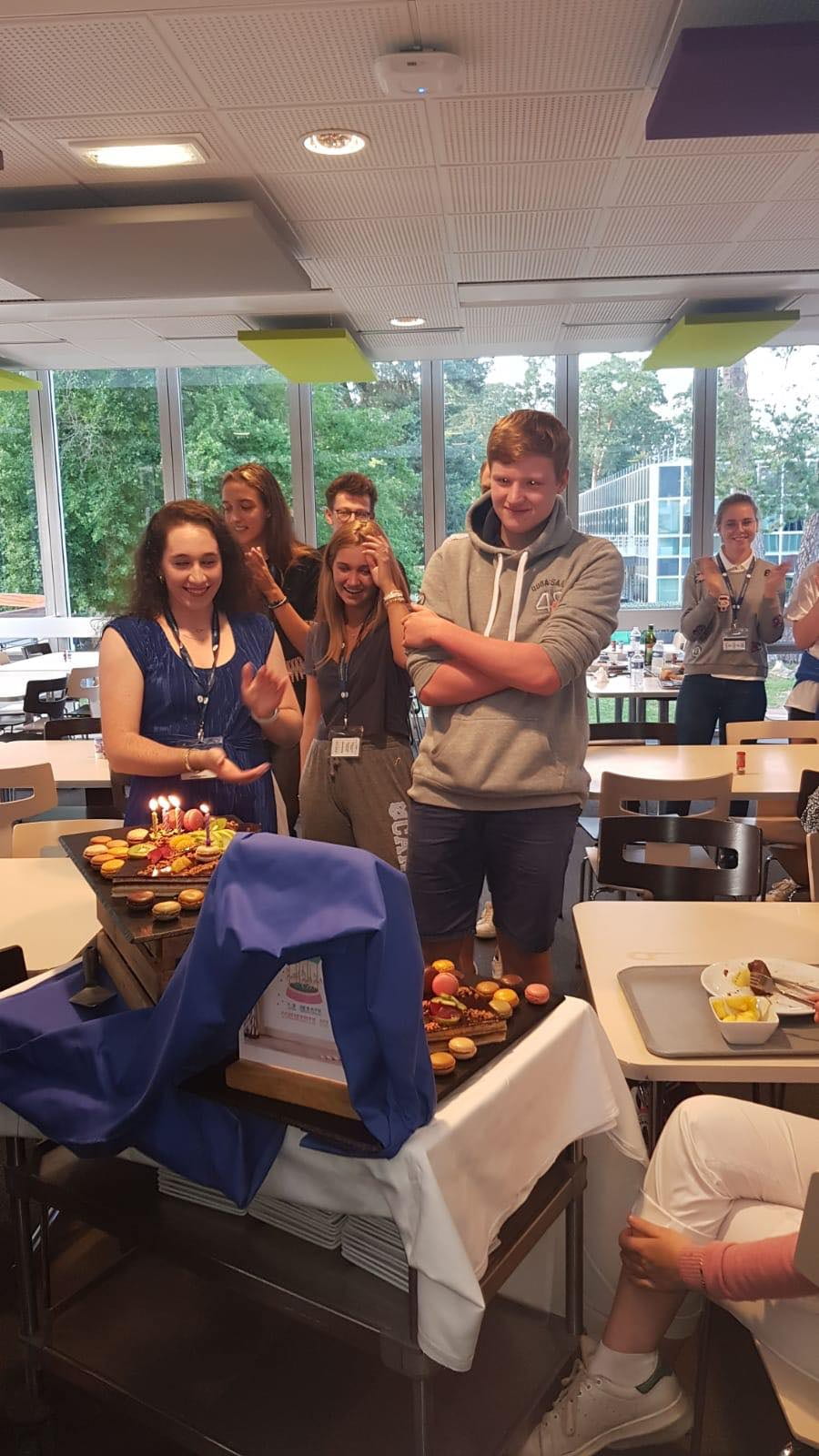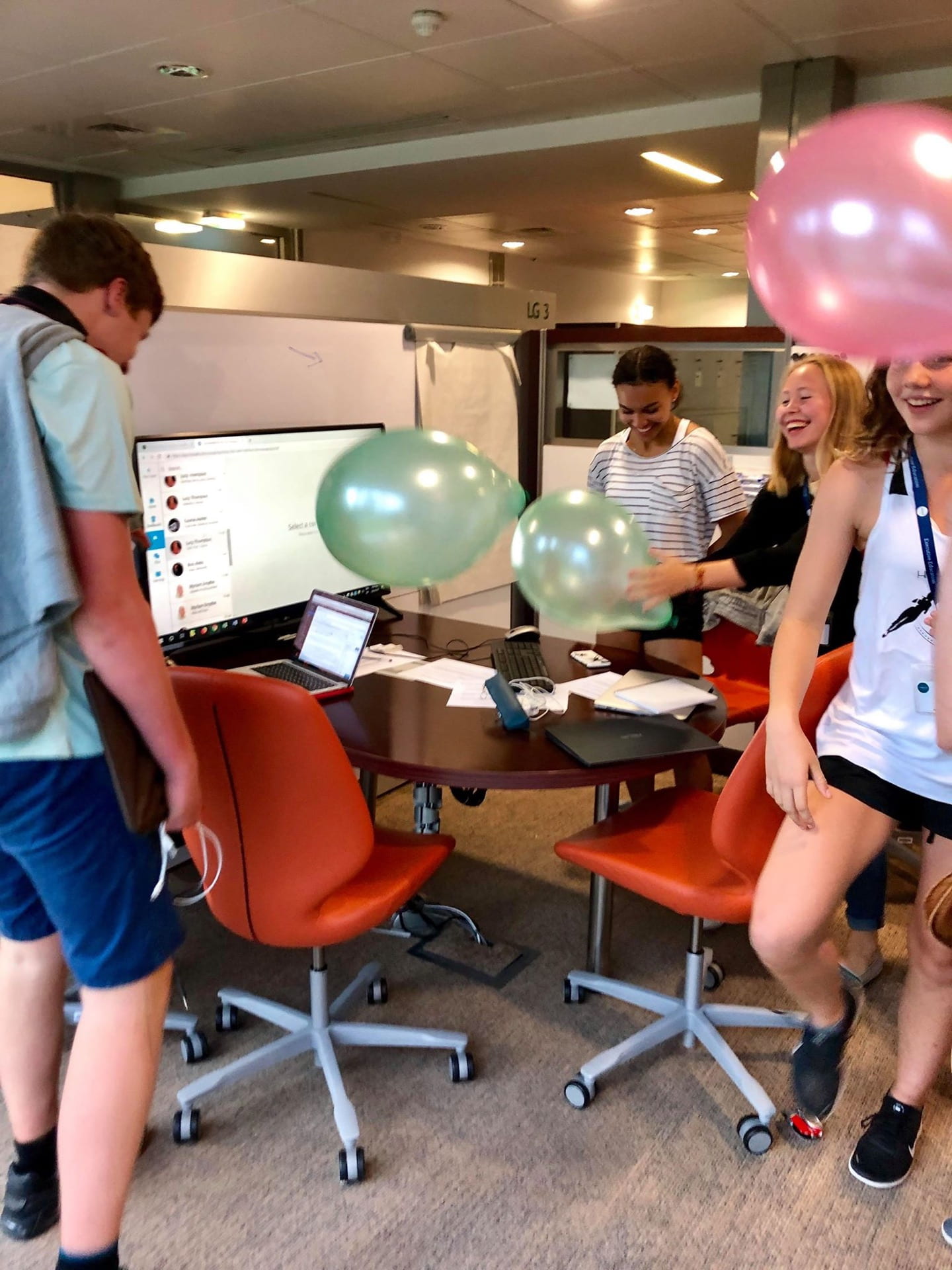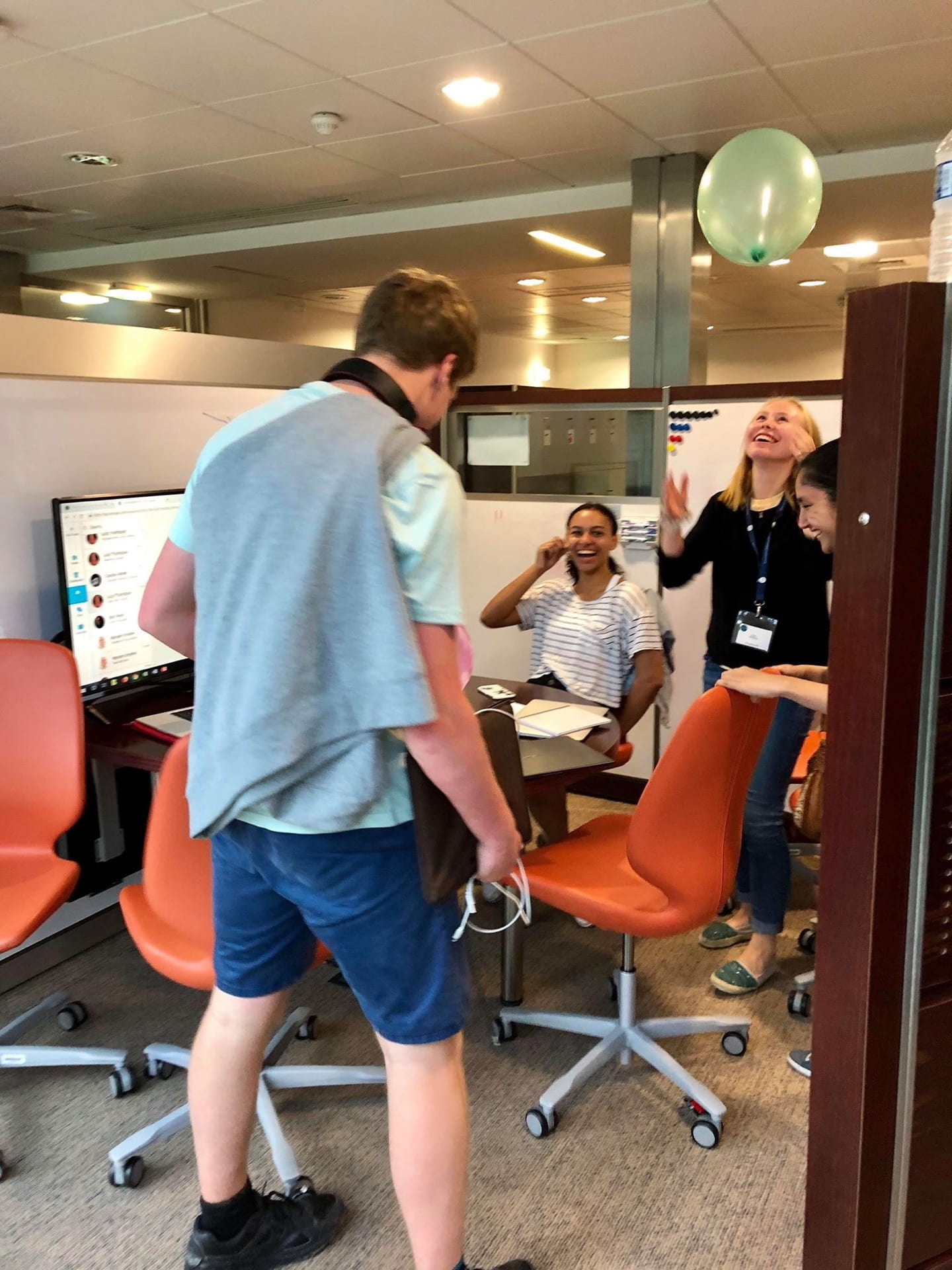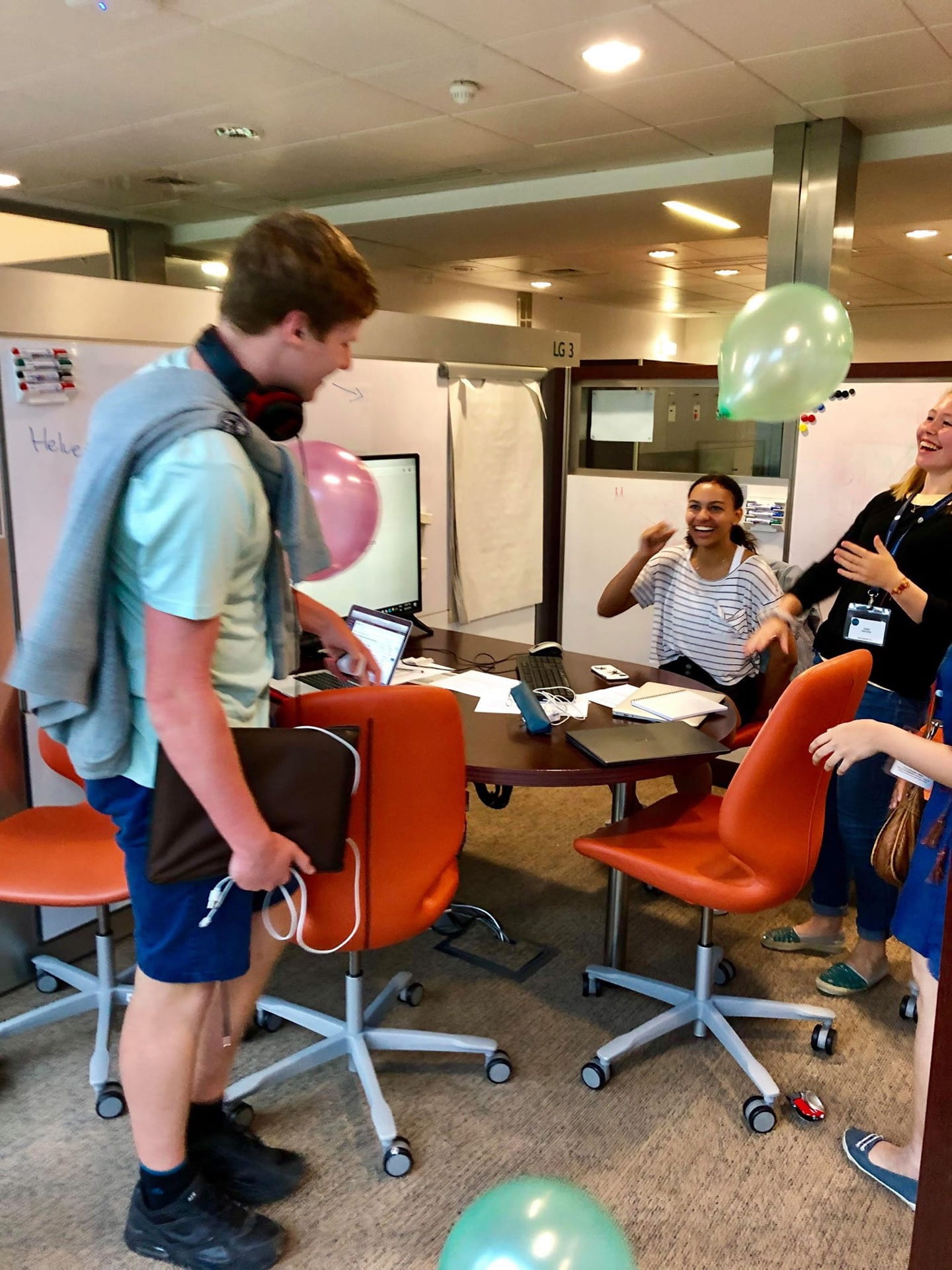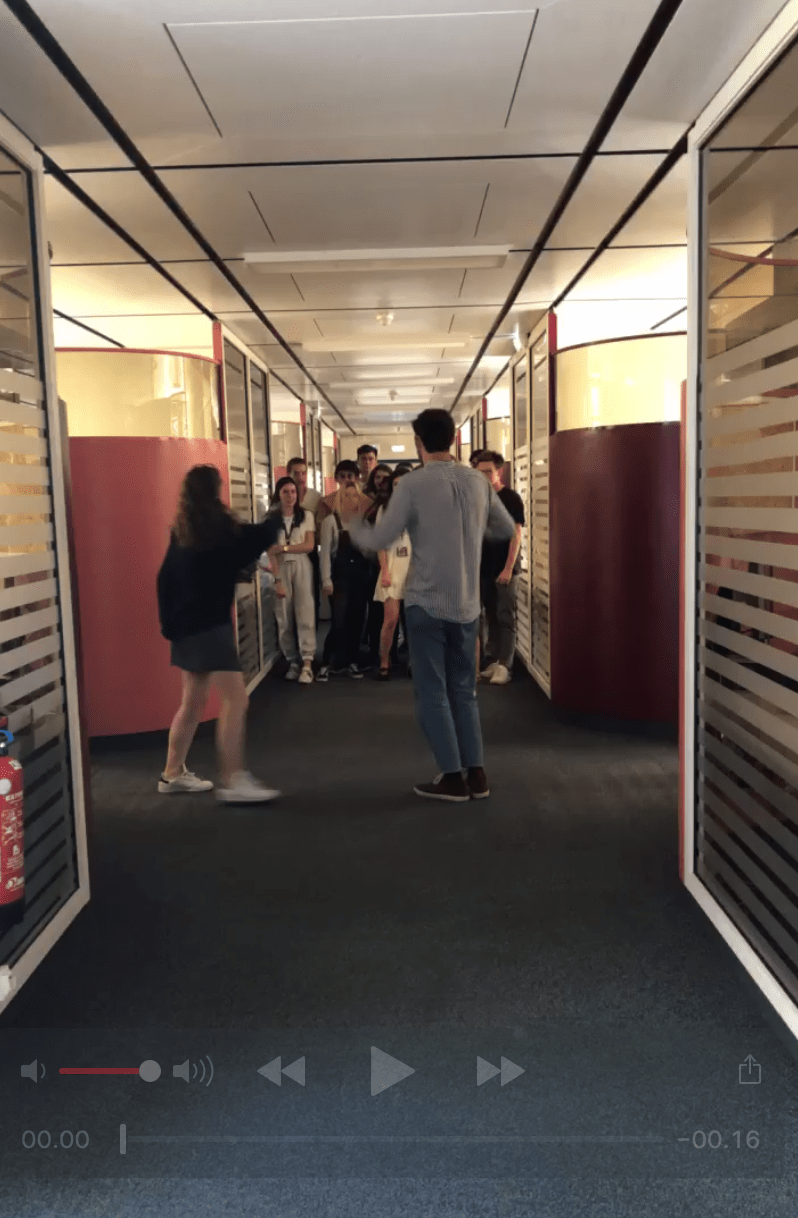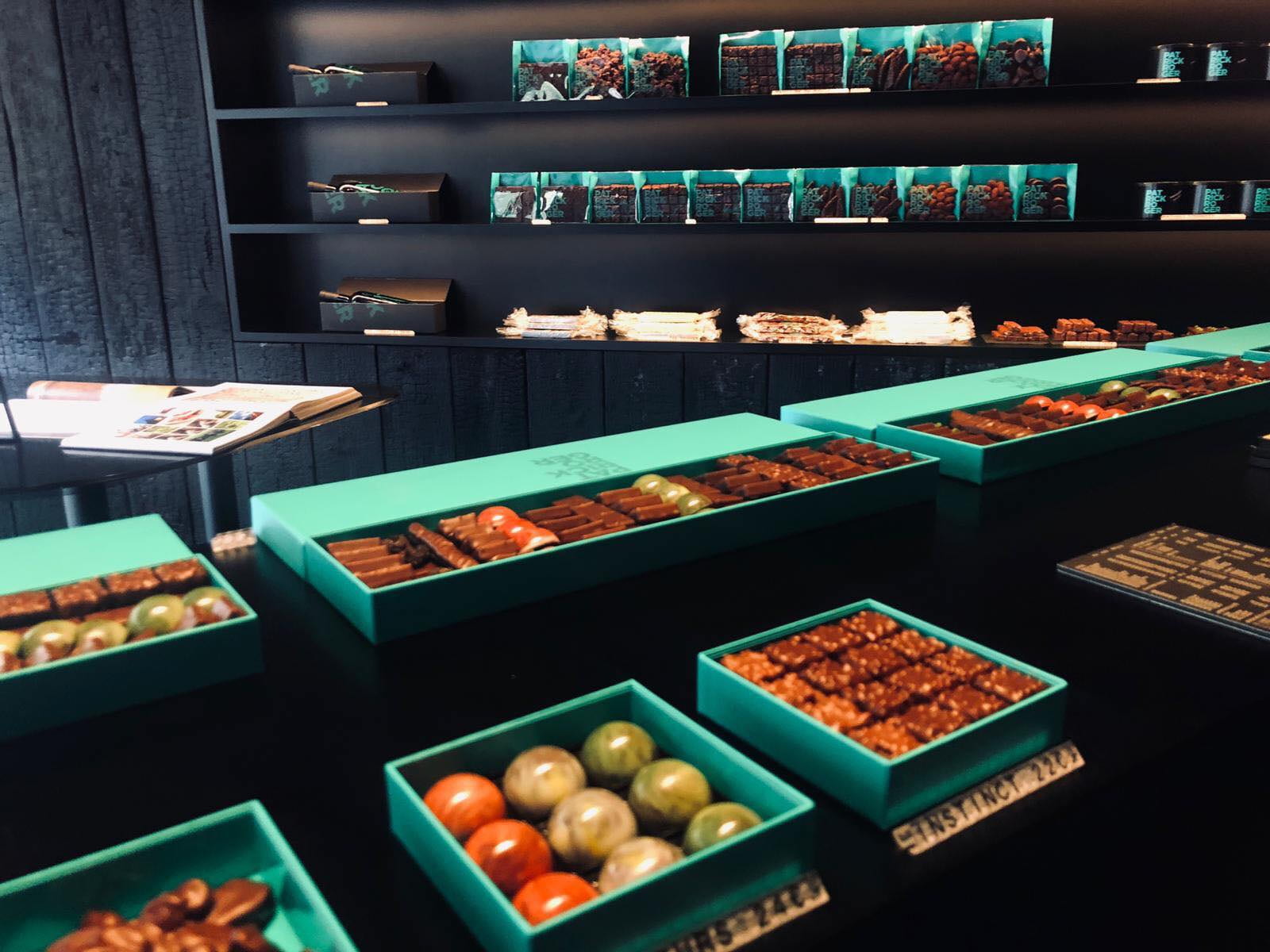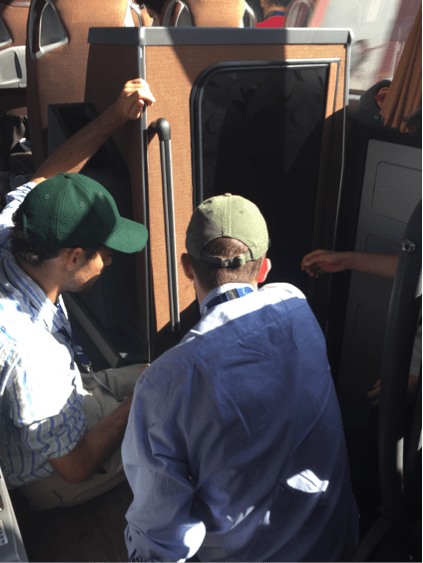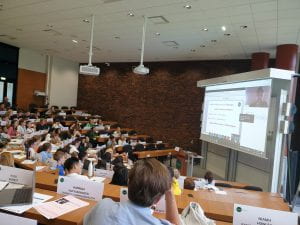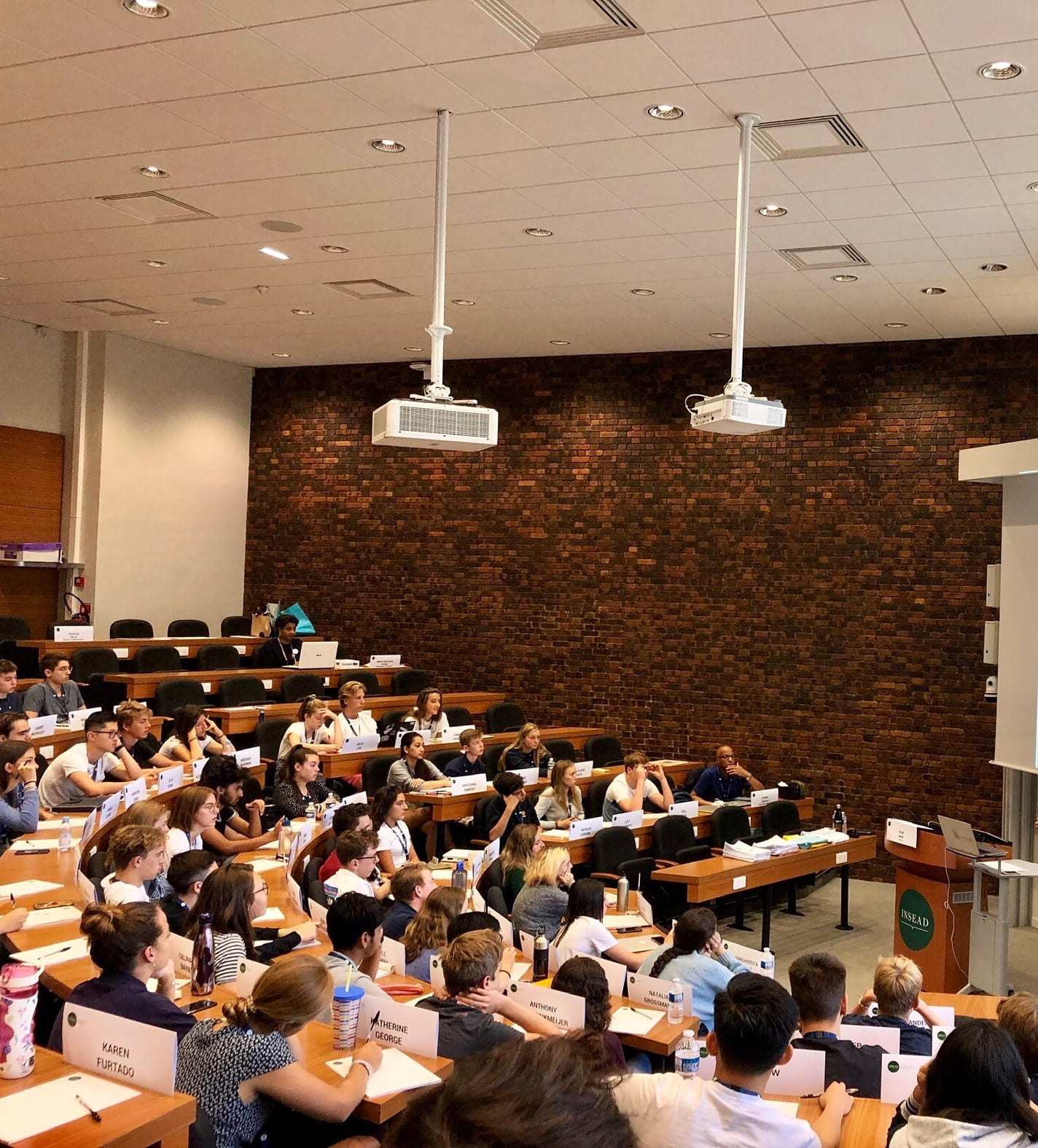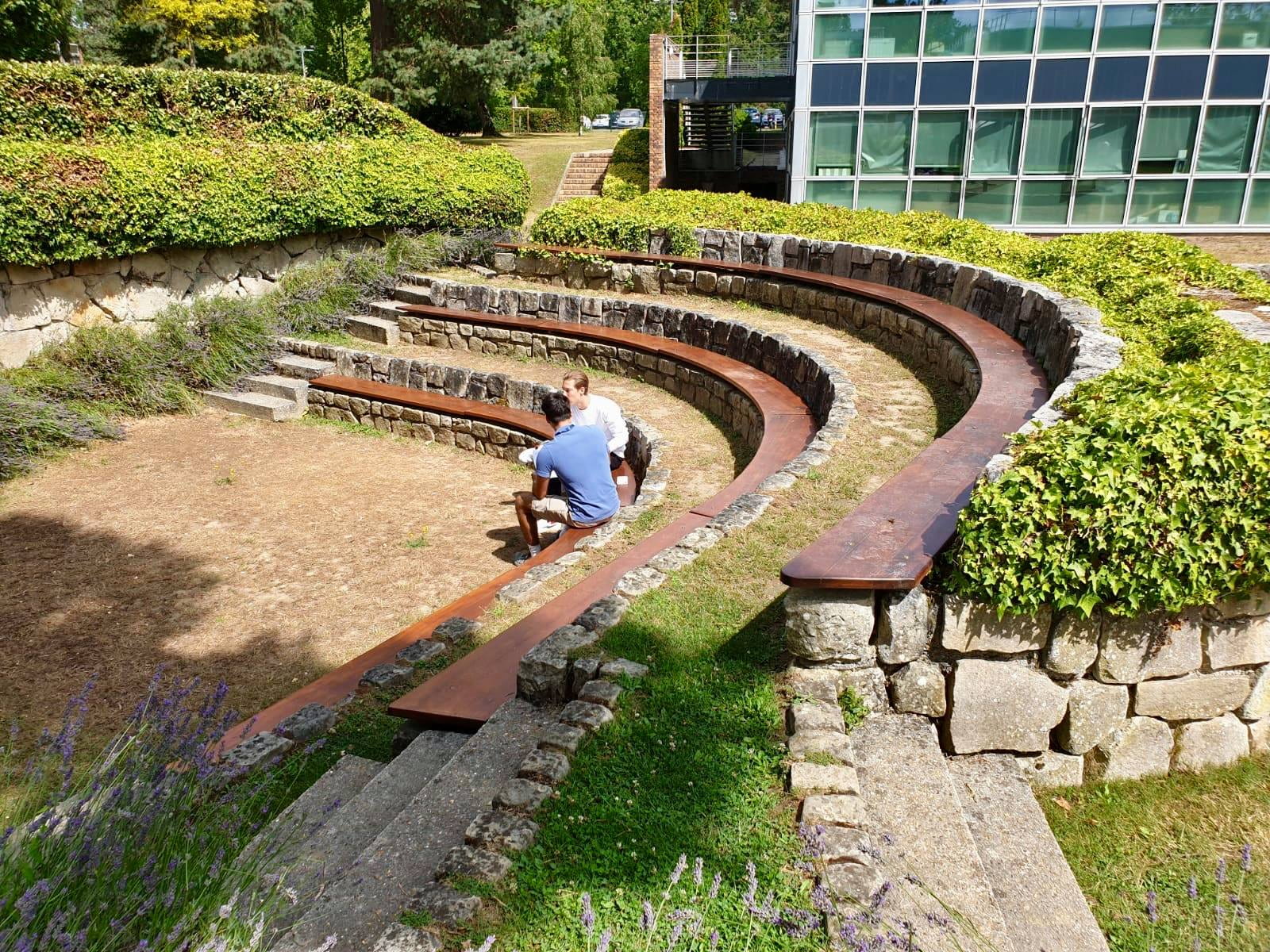DAY 10
You know when you have to buy a house and everybody will say that the most important thing to take into account is: “location, location location”? I think we’ve all heard that saying before. Well, today in class, we learned, that when starting a company the most important thing to take into account is: “strategy, strategy, strategy”.
It was none other than the INSEAD’s Deputy Dean, Peter Zemsky, himself, who graced us with his presence as he used both the morning and the afternoon to teach us all about strategy. In his lecture, he mainly relied on the prime example of BlaBlaCars: a ride-sharing company, started in France by Frédéric Mazzella, Francis Nappez and Nicolas Brusson. The initial idea for the company came about in 2003 and if you speed forward a couple of years to 2014, they ended up raising an unprecedented and record-breaking amount of venture capital ever earned by a French start-up – a whopping $100 million US dollars.
So as Peter led the students to dip their toes into the wisdom of strategy theory, it was BlaBlaCar and their development from a start-up company to Europe’s leading long-distance ridesharing platform, that was consistently referred to throughout the day. As the students went more into depth with this particular case-based learning, they explored how BlaBlaCar transformed over the years, how the company was impacted by competition or companies such as Uber or Lyft and they also talked about how AI changed the ridesharing market.
An interesting aspect of BlaBlaCar’s success, is the fact that their competition is limited. To make us understand this, Peter used the example of IKEA: a store that creates a lot of value and makes decent margins because there aren’t really any actual competitors or IKEA lookalikes. Their only real competition would be other furniture stores that lean towards more traditional furniture and that, at the end of the day, wouldn’t be directly comparable to IKEA. They’ve in essence monopolised their end of the furniture market – they’ve become a winner-take-all on that front.
For ridesharing, the whole concept is hugely efficient if there is just one platform. BlaBlaCar has therefor always been well-positioned to be a leading force in the carpooling world, since they struck early at a time where the competition was practically non-existant. What then hindered future competition was the fact that too many platforms would have created far too much liquidity for ridesharing to be efficient. BlaBlaCars, being one of the first and having so much positive feedback (success breeds success), ended up not only attracting the bulk of users interested in the carsharing service, but also ended up attracting a lot of venture capital, which eventually helped them become as big as they are today.
Circling back to today’s main topic of strategy – the conclusion on the matter was that strategy is always a mixture between planning and improvisation – Peter’s personal opinion being that there has especially been extra weight on the improvisational end of that strategic seesaw in the last ten years.
Looking once again at the prime example of BlaBlaCars: when they entered the German carpooling market, they ended up doing so unexpectedly and improvisationally over a mere 12 days, instead of over several months ahead as they had originally planned for. They had been planning to enter the German market, for sure, but carpooling.com had been a big dominator and they had been biding their time to strategise on how to compete against them. When suddenly one day, carpooling.com introduced commissions on all rides, the customers became deeply unhappy with the service and BlaBlaCars leaped at the chance and their slim window of time to dive head first into the German market and offer their free service as a counter-party to carpooling.com. Pure improvisation. A huge risk. And the reward? Three weeks after their launch in Germany, their company was growing faster than it had in any of the previous countries they’d entered and ultimately BlaBlaCar’s market share ended up exceeding 50%. (and pssttttt – BlaBlaCar now trumps carpooling.com by miles #teamBlaBlaCar).
Another key point of today’s lesson is the fact that it’s not so much the idea that’s important, but more the execution. Everyone can have a fantastic idea, but not everybody can figure out how to make that idea into reality.
After class the mood was, in association with today’s main topic, a little ‘blah’ as today’s volleyball tournament was cancelled due to poor weather conditions. It’s always nice with a little rain, but it was indeed a shame that the students were forced to huddle up inside and volleyball-less in order to stay dry. It did, however brighten up a bit in the last half hour before dinner, and so the students the students emerged from their rain-relief hiding places to play some last-minute table tennis.
Another event that brightened today’s mood was the two birthdays: Happy Birthday to Rosie and Will!
After dinner, the students had yet another YFCD prep session afterwards where they were given three tasks: first, to solve yet another crisis (kept a little bit secret for the sake of future summer@INSEAD camps who wouldn’t want their surprise to be ruined… mouhaha), second, to prepare for the Eurobike fair on Thursday and lastly to prepare for the strategy fair presentation due the end of this week. Here comes a little shout-out to one of my YFCD groups for getting their hands on some balloons to make sure Will and Rosie didn’t forget about their special day, even when lost in the virtual stress of Nottingham.
Cheers to another productive day at Summer@INSEAD.
P.S – with all today’s talk of bluh’s and bla’s, did anyone ever hear Dracula’s voice in their heads grumbling “I do not say blah blah blah”? Here’s to hoping there are some Hotel Transylvania fans out there (if not, please do ignore this blushing 21 year old’s reference to a children’s Disney film #Disney4ever).

